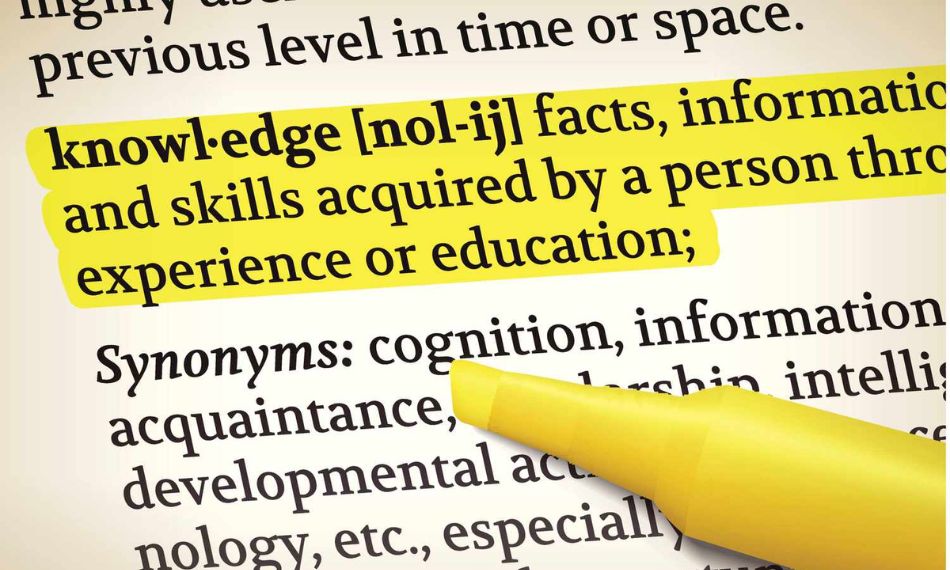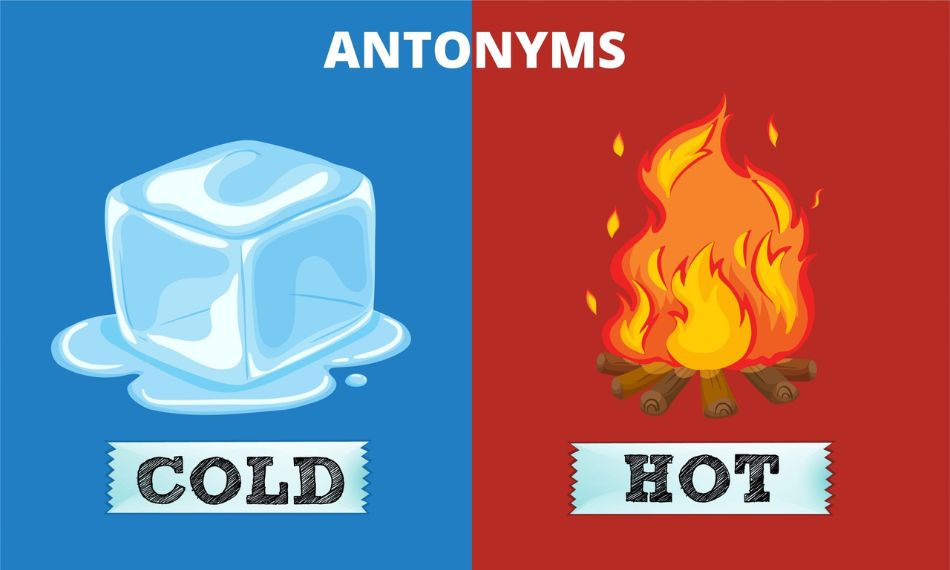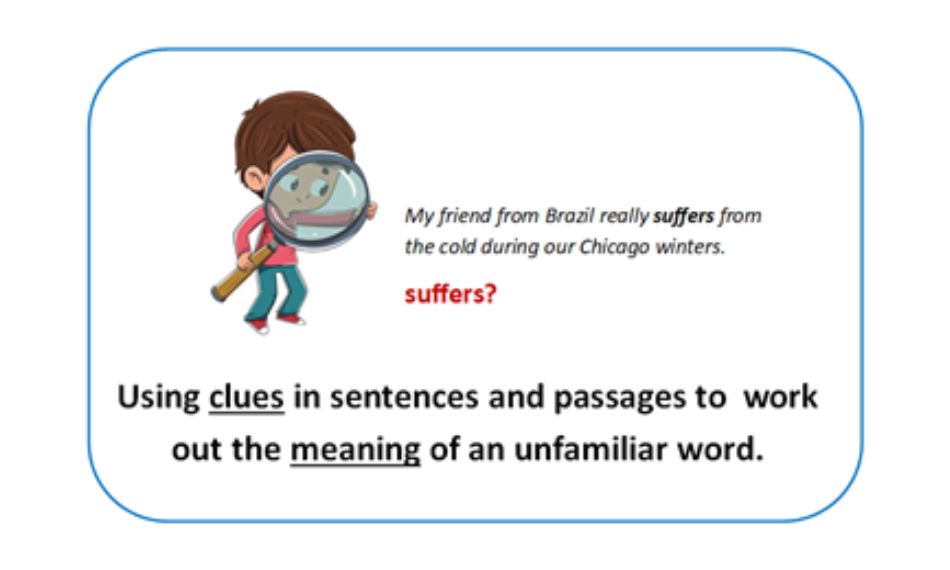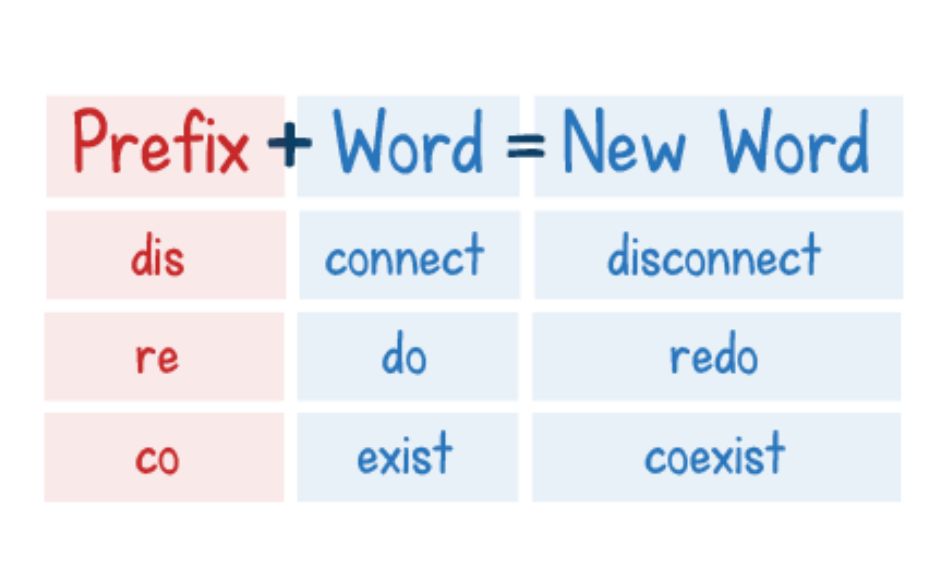Contextual Guessing in IELTS Reading: How to Understand Unknown Words?
What Is Context and Contextual Guessing in IELTS Reading?

In IELTS Reading, you may encounter various reading techniques, and contextual guessing is one of them. It refers to using surrounding words and sentence clues to figure out the meaning of unfamiliar vocabulary. This strategy helps you make educated guesses, even when the word is completely new. From band 6.0+, it’s essential—especially for Matching Headings, Sentence Completion, and TFNG questions.
Contextual guessing becomes especially important in the question types that rely heavily on a precise understanding of vocabulary. Let’s break it down:
-
-
Vocabulary in Context Questions
Contextual guessing in IELTS Reading is directly tested in these questions. You are asked to choose the closest meaning of a word based on how it’s used in the passage. Clues in the sentence and logical thinking will guide your guess.Example:
What does the word “tentative” mean in paragraph 2? -
Sentence Completion
In sentence completion tasks, contextual guessing in IELTS Reading helps you figure out unknown words by reading around the gap. The surrounding text provides hints about the word’s meaning, function, and tone.Example:
Some animals are able to survive due to their _______ behavior. -
Matching Headings
This task often includes unfamiliar or abstract vocabulary in the headings. Contextual guessing in IELTS Reading allows you to understand these terms and match them with the correct paragraph based on meaning, not just keywords.Example:
You may see a heading like “Cultural Disruption” but don’t know the word “disruption.” The paragraph describes changes to traditions caused by tourism → you can guess the meaning from the effect. -
True / False / Not Given
In this task, difficult vocabulary may appear in the passage, while the question uses simpler language. Contextual guessing in IELTS Reading helps you decode those complex terms and decide if the information agrees with the statement.Example:
The passage says, “The procedure was deemed hazardous due to severe side effects.”
The question states: “The treatment was considered dangerous.”
→ “Hazardous” = dangerous → True
-
7 IELTS Reading Context Clues You Should Look For
Contextual guessing in IELTS Reading depends heavily on recognizing clues hidden in the text. These clues make unfamiliar words understandable.
1. Synonym Clue

Contextual guessing in IELTS Reading becomes easier when the sentence provides a synonym near the unknown word. These are often introduced with signal words like “or,” “also known as,” or “in other words.”
Signal words: or, in other words, that is, also known as
Example:
“The terrain was barren, or completely lacking in vegetation.”
→ Barren = empty or lifeless, based on the synonym phrase “completely lacking in vegetation.”
2. Antonym Clue

You can also use contrast to guess meaning. When a sentence includes an opposite idea—often introduced by “but,” “unlike,” or “whereas”—you can figure out the meaning by comparing.
Signal words: unlike, but, whereas, in contrast
Example:
“Unlike the energetic crowd, the speaker appeared lethargic and uninterested.”
→ Lethargic is the opposite of energetic, suggesting it means tired or inactive.
3. Definition or Explanation Clue

Some sentences define the difficult word directly within the sentence itself. These clues often follow signal phrases like “which means,” “that is,” or use commas to separate the definition.
Signal words: which means, that is, refers to, is defined as
Example:
“Metamorphosis, which means a complete transformation in form, is common among insects.”
→ Metamorphosis is explained immediately after the comma.
4. Example Clue

Authors often use examples to clarify meaning. If you see phrases like “such as”, “for example”, or “including,” look at the examples—they usually reveal the meaning of the unknown word.
Signal words: such as, for example, including, like
Example:
“Nocturnal animals, such as bats and owls, are active during the night.”
→ Nocturnal means animals that are awake and active at night.
5. Grammar + Prefix/Suffix Clue

Understanding prefixes, suffixes, and grammar structure can help you make an educated guess. Many complex words are made up of smaller parts that carry meaning.
Example:
“The treatment was noninvasive, requiring no surgery or physical intrusion.”
→ non- = not, invasive = entering the body → noninvasive = does not enter the body
6. Contrast Clue
Sometimes, contrast is used between two phrases or clauses. These sentences often feature conjunctions like “however,” “although,” or “yet.” The contrast gives you a hint about what the difficult word does not mean.
Signal words: but, however, although, though, yet
Example:
“He claimed to be impartial, but his decisions clearly favored one side.”
→ Impartial must mean neutral or fair, because it’s contrasted with favoritism.
7. Cause/Effect Clue
Cause-and-effect relationships also provide clues. Look for words like “because,” “as a result,” or “therefore.” These links explain why something happened, which helps define the difficult word.
Signal words: because, since, due to, as a result, therefore
Example:
“The flood was devastating, as it destroyed hundreds of homes and displaced thousands of people.”
→ Devastating = extremely damaging, based on the result.
How to Guess the Meaning of Unknown Words from Context: 5-Step Strategy
Contextual guessing in IELTS Reading is one of the most powerful reading tips to boost accuracy. Here’s a proven five-step method to decode unfamiliar vocabulary using context clues efficiently.
Step 1: Identify the Unknown Word
The first step in contextual guessing in IELTS Reading is to spot the unfamiliar word that’s blocking your understanding. Underline or highlight it so your focus stays sharp while analyzing the sentence.
Example:
“The desert was home to many tenacious plants that thrived despite the harsh conditions.”
→ Unknown word: tenacious
Step 2: Read the Whole Sentence Carefully
Contextual guessing in IELTS Reading requires looking beyond the word itself. Read the entire sentence and ask: what is happening? What’s being described? Identify surrounding clues such as:
-
Cause and effect (e.g. thrived despite harsh conditions)
-
Contrast
-
Examples
-
Definitions or paraphrases
Clue in context:
“Thrived despite harsh conditions” → suggests that tenacious means strong, tough, or persistent.
Step 3: Look at the Sentence Before and After
Sometimes, context clues are not in the same sentence but appear right before or after it. Contextual guessing in IELTS Reading works best when you scan the surrounding ideas, not just the isolated sentence.
Example:
“Unlike the delicate flowers in the rainforest, desert plants are tenacious and adaptive.”
→ The contrast with delicate implies tenacious means strong or resilient.
Step 4: Eliminate Impossible Meanings
If you’re stuck between two or three possible meanings, rule out the ones that don’t logically fit the sentence. Contextual guessing in IELTS Reading involves testing possible synonyms and selecting what sounds most natural.
Tip:
Try replacing the unknown word with each option. Which one makes the sentence feel right?
Step 5: Make Your Best Guess and Move On
Don’t get stuck. Contextual guessing in IELTS Reading is a time-saving skill. Once you’ve gathered clues, made a reasonable guess, and eliminated wrong meanings, choose the most logical one and keep reading.
Reminder:
IELTS is a timed test. Spending too long on one word can hurt your overall performance.
Sample and Practice Exercise in IELTS Reading with Answer
Contextual guessing in IELTS Reading is best mastered through practice. Let’s apply the 5-step strategy to real examples and see how context reveals meaning—even when you’ve never seen the word before.
Practice Example 1 – From a Passage
Short passage:
“The Black Death was a catastrophic event that wiped out nearly a third of Europe’s population.”
-
Unknown word: catastrophic
-
Clue in context: “Wiped out nearly a third of the population” implies massive destruction or tragedy.
-
Meaning guess: Catastrophic likely means extremely bad or disastrous.
→ Even without knowing the word before, the context gives enough information to make an accurate guess.
Practice Example 2 – Sentence Guessing Task
Sentence 1:
“She gave a concise summary of the report, covering only the essential points.”
Guess the meaning of “concise”:
a) long and detailed
b) short and clear ✅
c) confusing
d) emotional
-
Clue: “Covering only the essential points” indicates that the summary was short and focused.
Sentence 2:
“The drug was efficacious, producing rapid improvements in patients.”
Guess the meaning of “efficacious”:
a) harmful
b) ineffective
c) effective ✅
d) experimental
-
Clue: “Producing rapid improvements” shows that the drug had a positive, strong effect → meaning = effective.
Conclusion
Contextual guessing in IELTS Reading is not just a helpful trick—it’s a powerful strategy to boost your score. By recognizing clues in surrounding sentences and applying logic, you can decode unfamiliar words quickly and confidently.
Are you ready to leverage your skills? Visit IELTS Test Pro and start turning tough texts into easy points!